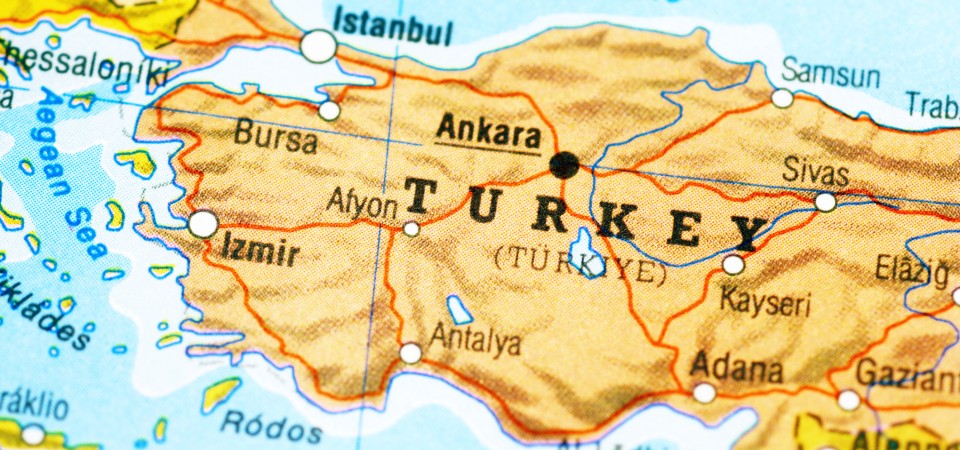Tosun’s case starkly illustrates the dangers faced by journalists in Turkey. Reporters Without Borders ranks Turkey 159th out of 180 countries worldwide for press freedom after roughly 170 journalists have been killed, detained or reported missing there since 2013.
And during the latest democratic crackdown, which followed the arrest of Istanbul’s mayor and leading Turkish opposition figure Ekrem İmamoğlu in March 2025, further arrests have targeted reporters.
Working as a journalist in Turkey has long been dangerous. Hrant Dink, the Turkish-Armenian editor of the Agos newspaper, was shot dead in Istanbul in 2007. Retrials led to the conviction of multiple officials and accomplices, with nine life sentences handed down in February 2025.
In February 2022, Güngör Arslan, the editor of a local news outlet called Ses Kocaeli, was also killed in an ambush outside his office in the city of İzmit. The gunman, Ramazan Özkan, and the instigator, a businessman called Burhan Polat, received life sentences from Turkish courts in 2023.
Beyond these killings, there have been high-profile cases of arrests and persecution. Laws have also been introduced to curb press freedom, including one in 2022 enabling Turkish courts to sentence people found guilty of intentionally publishing disinformation to three years in prison.
Continues…

For the full article by Massimo D’Angelo visit the Conversation.
